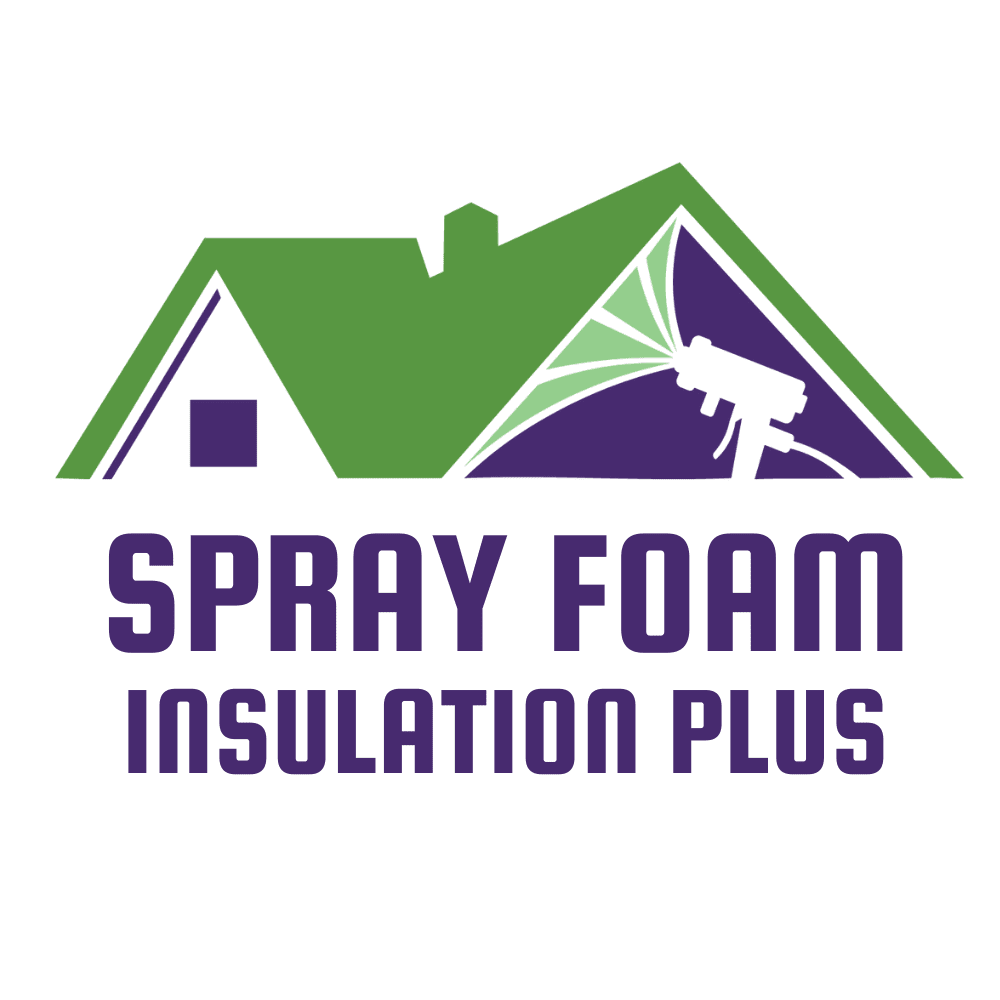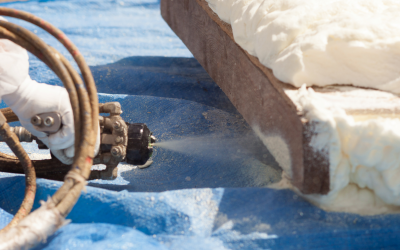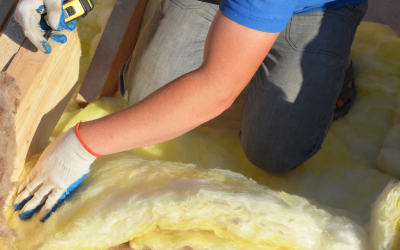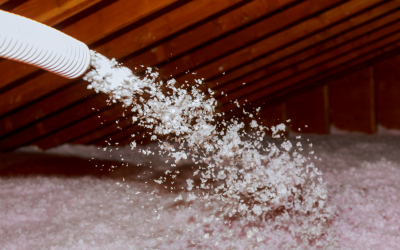Spray Foam Insulation: Can Mold Grow On It?
Last Updated on October 12, 2022 by Spray Foam Insulation Plus

Mold is an issue that everybody will face at a certain point in their lives. It might appear at your home or work, and if left ignored, it can cause serious health problems for you and the people around you. Spray Foam Insulation: Can Mold Grow On It
What Causes Mold To Grow?
Moisture, warmth, and a food source are all necessary elements for mold to grow. When warm, humid air comes into contact with a cool surface, it condenses, causing a moisture build-up that can give rise to mold growth. Even leaking water pipes can cause moisture build-up which results in mold growth.
How Mold Grows On Spray Foam Insulation
There is air leakage in the spray foam insulation – we are aware of poor spray foam application which creates gaps, holes, and air leaks in the spray Foam insulation types. Building air movement through such holes may bring moisture and organic dust, both of which foster mold growth. However, it is to note that this happens due to the poor application of spray foam and poor quality products used. Spray foam insulation, especially closed-cell spray foam is hydrophobic and does not allow moisture penetration and mold growth on it. This is why we always stress hiring an experienced and professional spray foam company like us!
Mold Growth Tell-Tale Signs
Mold must be noticed as soon as possible because it might be harmful to one’s health. There are a few signs you may look for in your house to see if you have a mold problem.
Walls With Black Or Green Spots
Mold can be difficult to spot since the black or green spots are often little. If you detect any on your walls, especially moist basement walls or crawlspaces, you must act quickly before the mold spreads and becomes a serious problem for your home.
Smells Musty
A musty smell that exists in every area of your house can be an obvious sign that mold is growing. This can be due to excessive indoor humidity, which is a common cause of musty smells in rugs and the air.
Mold’s Causes
Mold is often an indicator of more serious concerns in your house, such as water damage, plumbing leaks, or structural issues that cause moisture. Some people are aware that they have recently experienced flooding or burst pipes, which can result in a wet surface on their walls and ceiling tiles, while others are unaware.
You should take moisture in your home seriously because if you don’t detect it early, you may have to spend a lot of money on fixes. A stained ceiling can be readily painted over but cannot hide serious damage like decay, which would be more costly to fix than simply painting.
Mold Prevention Using Spray Foam Insulation
Spray foam insulation in trouble spots is an excellent way to insulate your home while also preventing mold. It resists mold because it expands when wet, leaving no space for mold or mildew to grow! It functions as a barrier around your property, keeping moisture out while also preventing mold from growing.
Spray foam insulation is an air barrier, meaning it keeps moist outdoor air out while allowing dry indoor air in. Spray foam insulation keeps your living space dry and reduces mold growth.
Blocking mold in its path is important. Foam insulation placed throughout your home can not only fight the mold problems but can also keep other airborne allergens and pollutants out. All of this is made possible by the air seal effect that spray foam insulation provides, which keeps your home comfortable and energy-efficient. Mold can be a serious health hazard, so it’s important to take the proper precautions to avoid it.
For more information about our spray foam insulation services, feel free to contact Spray Foam Insulation Plus, the best insulation contractors in Brainerd MN, today.
Spray Foam Insulation: Can Mold Grow On It
Spray Foam Insulation: Can Mold Grow On It
Spray Foam Insulation: Can Mold Grow On It

Tags
Preferred Contractors of:





